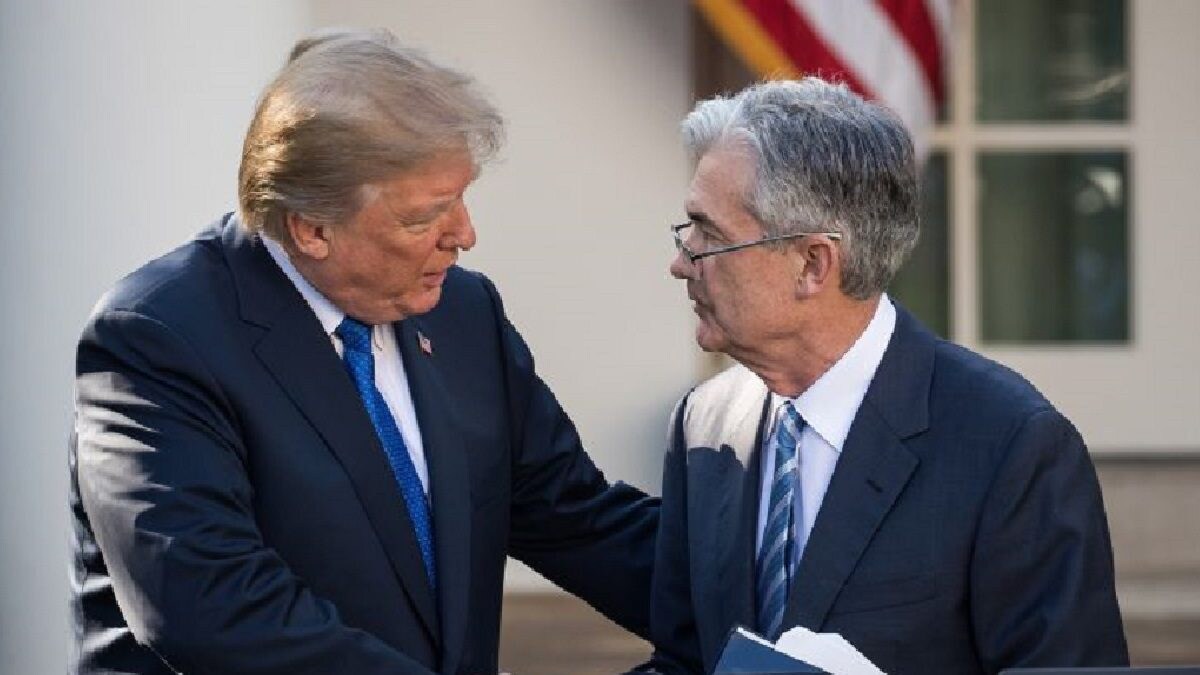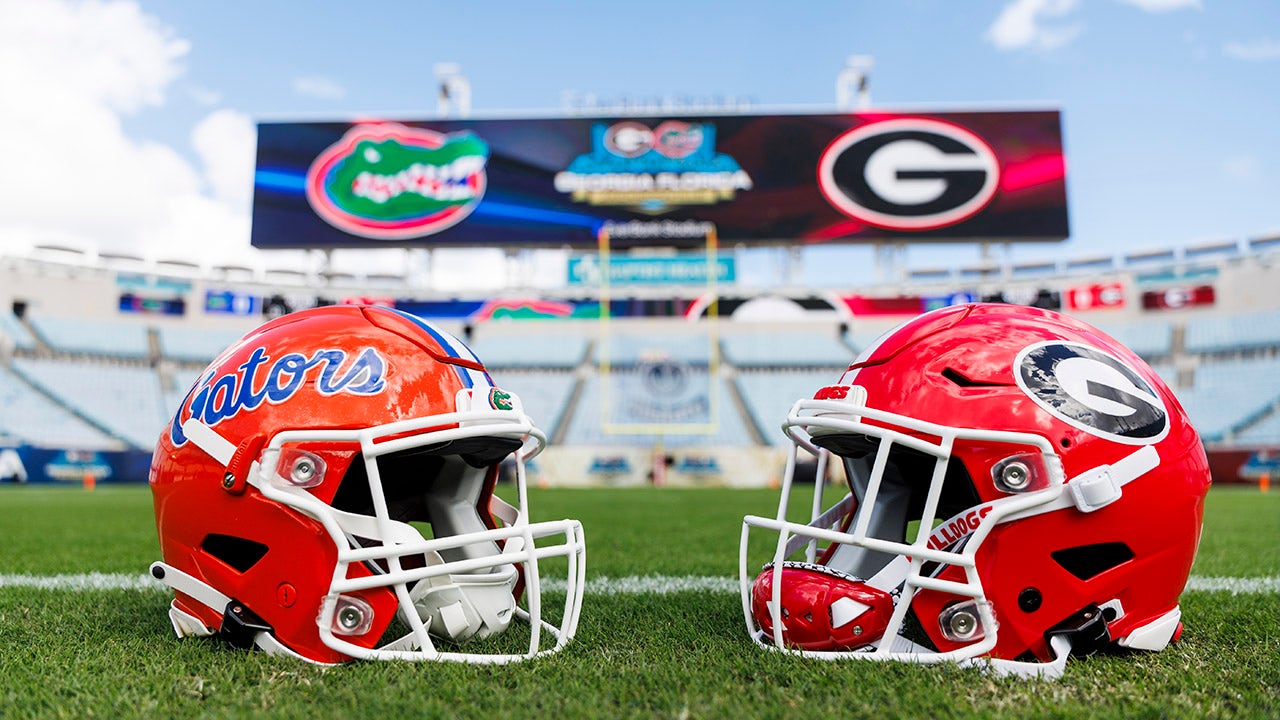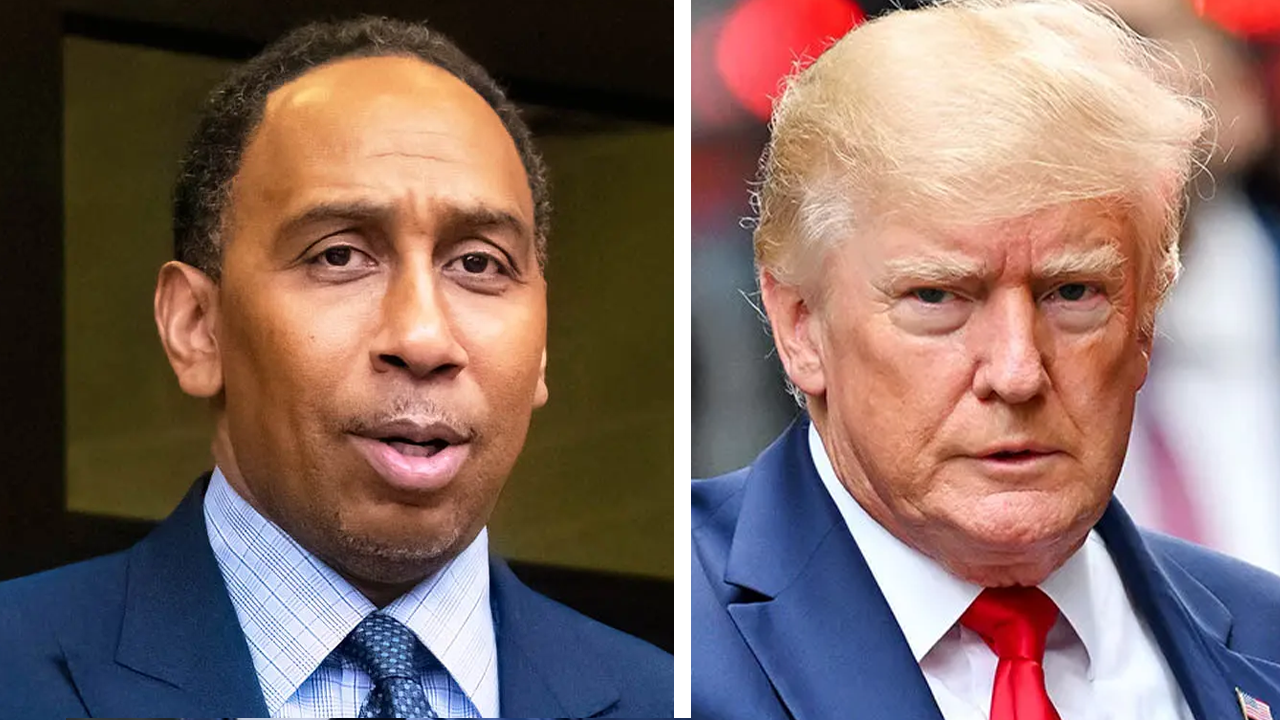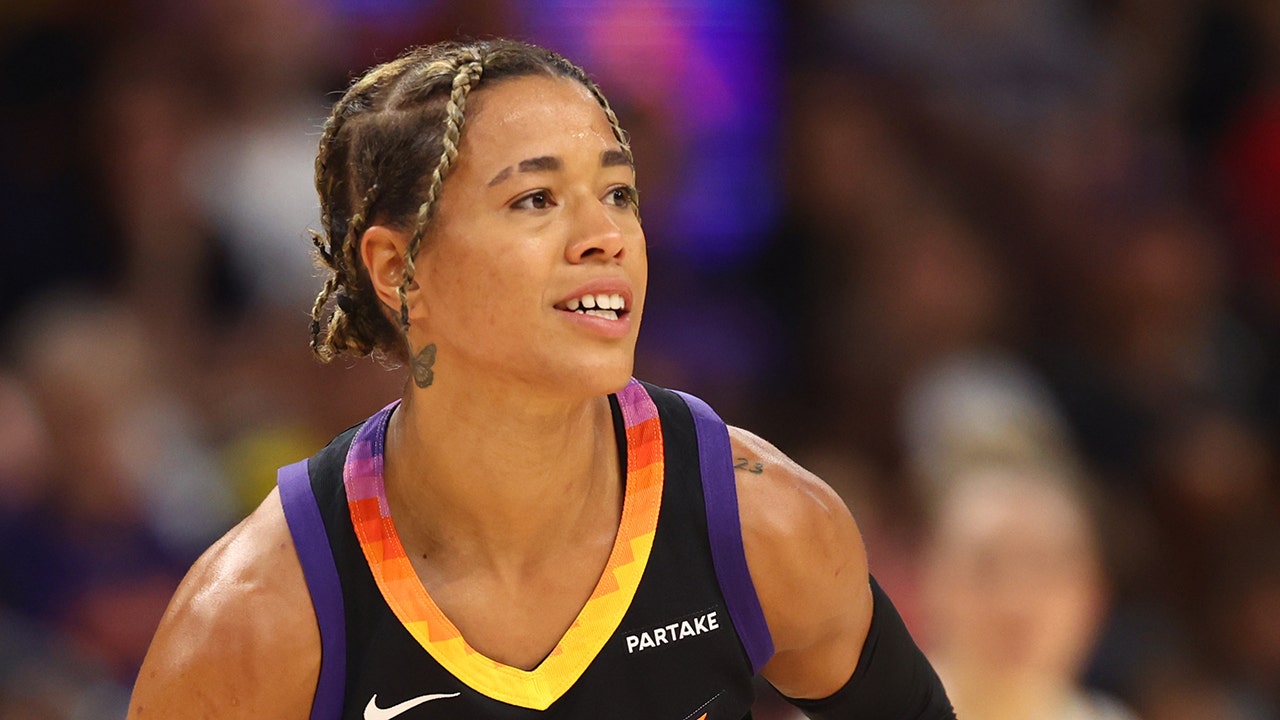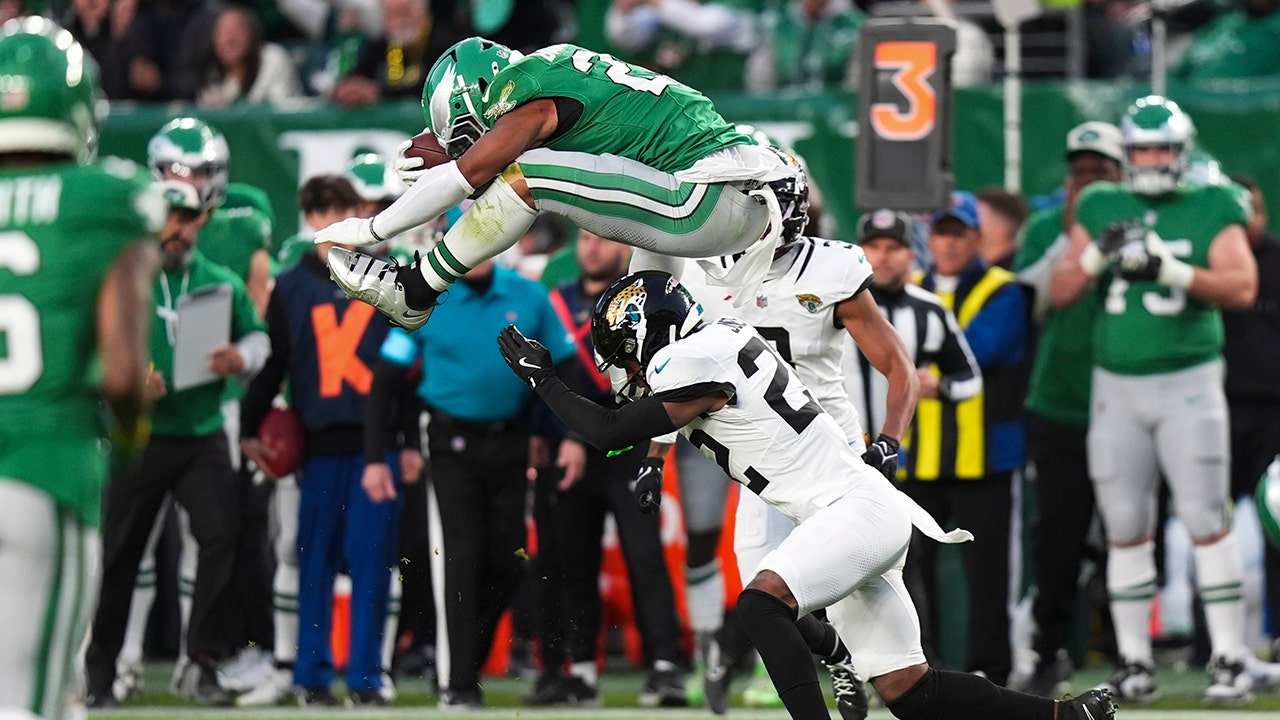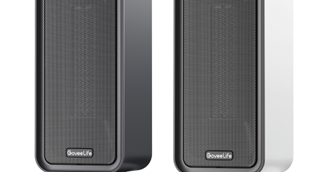We’ve been emphasizing one thing of late and it’s pretty simple: Greed. Not enough of you have recognized that we have been trimming the red-hot stocks and rotating the money into stocks that are less expensive and more valuable. Periodically, the market is just plain seductive. It goes up and up, and you realize that you are stuck in a 5-year Treasury or a 2-year Treasury because they seemed like such bargains. But it turns out that stocks had been fantastic the whole time you’ve been in those safe pieces of paper — and now, after this monster run from the bottom, you are supposed to be excited about stocks? That’s not how it works. The Federal Reserve on Wednesday kept interest rates unchanged but indicated future raises were likely, sending equities on a wild ride . Initially, the S & P 500 and the Nasdaq sank on the news after hitting their highest levels since April 2022 earlier in the session. By the close, they both managed slight gains. The Dow Jones Industrial Average also plunged on the Fed’s so-called hawkish pause but only was able to trim some of its losses, closing 233 points lower. When it was all said and done, the Fed rate-hike skip was basically a wash in the broader stock market. But understand, our recent selling wasn’t about concern about monetary policy or any major worry that a soft landing for the economy might not happen. Our selling was more out of an effort not to be pigs than out of not being bulls. That’s because bulls make money, bears make money and pigs get slaughtered. Nvidia (NVDA) is a prime example. When I went to my wife’s Fosforo Mezcal signing over the weekend , there were people who thanked me for becoming millionaires because of Nvidia. I reminded them that you don’t become millionaires until you take something off the table. You haven’t made anything until you take it off the table. So now we have two disciplines at work — the need to take something off the table after a huge gain to preserve the gain, and the doctrine of owning Nvidia and not trading it because it has a monopoly on the cards needed for generative artificial intelligence. Which discipline trumps the other? It will always be profits. Always. It’s what we do. There is no two ways about it. The essence, the learning nature of the Club, is to solve this kind of puzzle, this conundrum. Even as I say, “own it, don’t trade it,” if it becomes too big, or if the story changes, then we have to sell some. That’s because our goal is to generate wealth, and a key piece of generating wealth is actually putting that money in the bank. I met no millionaires at the bottle signing. I met people who own something that’s mercurial, capricious and doesn’t count as $1 million until you sell it. Heresy? I don’t think so. Go back to my book “Confessions of a Street Addict” and remember that my mother, when she would hit the slots, always took the money and went and bought a cashmere sweater. The money is to be used, not watched, and most importantly not given back — even if I think that Nvidia may be the greatest company of our generation. Similarly, we took some profits in Palo Alto Networks (PANW), and you could ask: Why do you not like it as much? And I would come back and say we did it because the stock has had an unnatural move that comes from being added to the S & P 500 index — and that means you need to ring the register on some amount. I think that cybersecurity leader Palo Alto Networks has gotten ahead of itself because of that addition. If it were to give up that unnatural move, I want to be in a position to add it back. Again, I am checking our greed. Yes there is a theme here. Liking the market and needing to take some profits are not at cross purposes. They are part-and-parcel of what you do as a good investor. You take something off the table when you have made a lot of money and you let the rest run. I can only explain it this way: I have given back all of what I have made many times in my life. I do not want to do it anymore. So I don’t. (See here for a full list of the stocks in Jim Cramer’s Charitable Trust.) As a subscriber to the CNBC Investing Club with Jim Cramer, you will receive a trade alert before Jim makes a trade. Jim waits 45 minutes after sending a trade alert before buying or selling a stock in his charitable trust’s portfolio. If Jim has talked about a stock on CNBC TV, he waits 72 hours after issuing the trade alert before executing the trade. THE ABOVE INVESTING CLUB INFORMATION IS SUBJECT TO OUR TERMS AND CONDITIONS AND PRIVACY POLICY , TOGETHER WITH OUR DISCLAIMER . NO FIDUCIARY OBLIGATION OR DUTY EXISTS, OR IS CREATED, BY VIRTUE OF YOUR RECEIPT OF ANY INFORMATION PROVIDED IN CONNECTION WITH THE INVESTING CLUB. NO SPECIFIC OUTCOME OR PROFIT IS GUARANTEED.
Thana Prasongsin | Moment | Getty Images
We’ve been emphasizing one thing of late and it’s pretty simple: Greed.
Not enough of you have recognized that we have been trimming the red-hot stocks and rotating the money into stocks that are less expensive and more valuable.
Periodically, the market is just plain seductive. It goes up and up, and you realize that you are stuck in a 5-year Treasury or a 2-year Treasury because they seemed like such bargains. But it turns out that stocks had been fantastic the whole time you’ve been in those safe pieces of paper — and now, after this monster run from the bottom, you are supposed to be excited about stocks? That’s not how it works.






